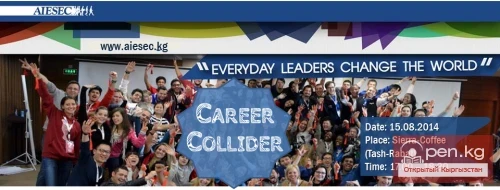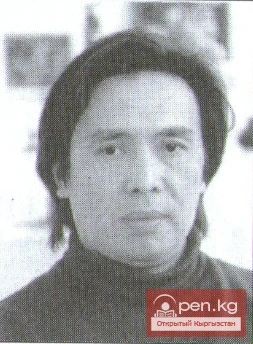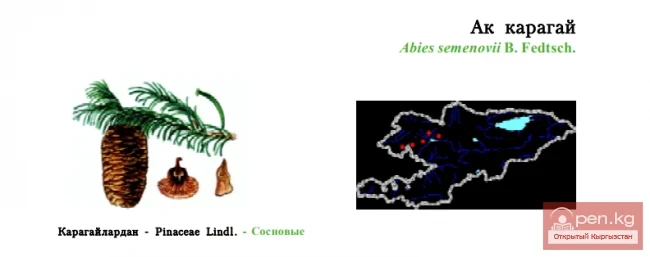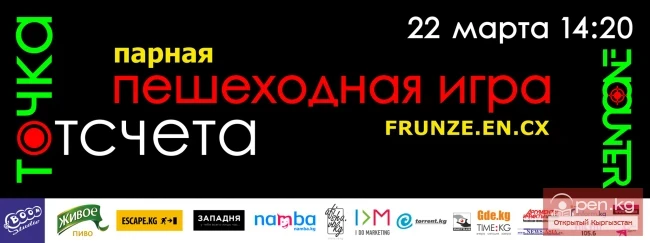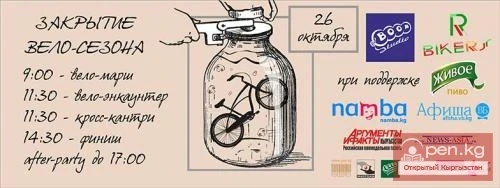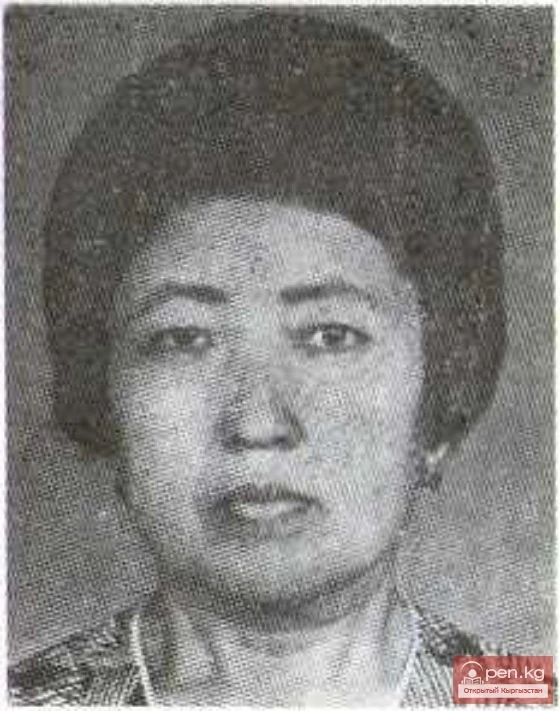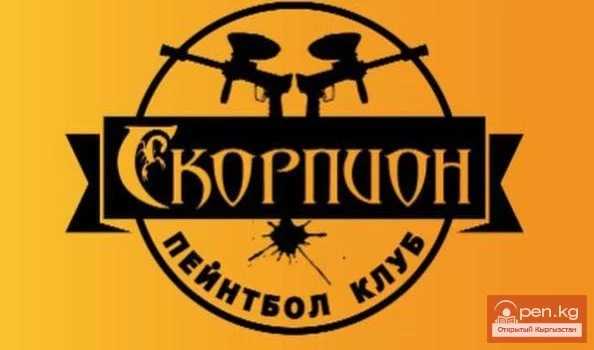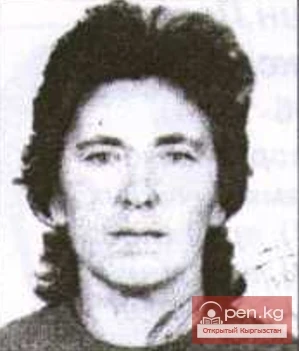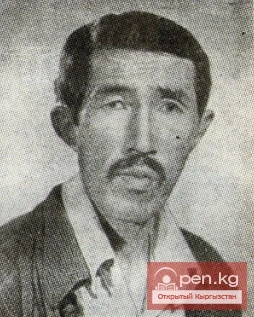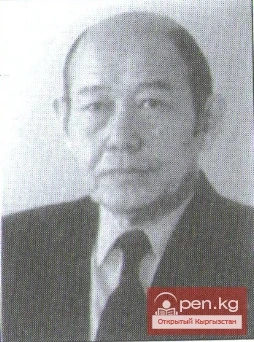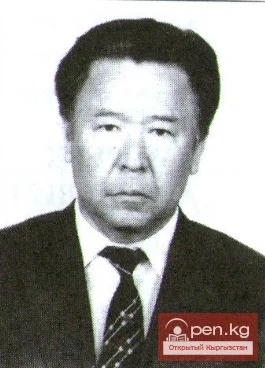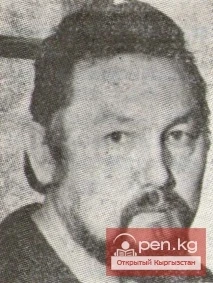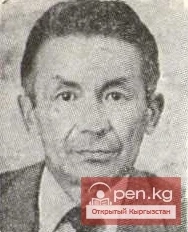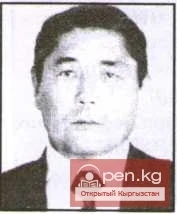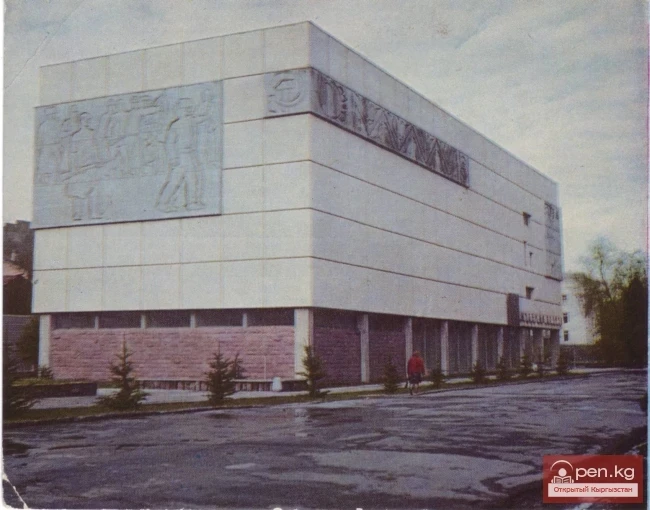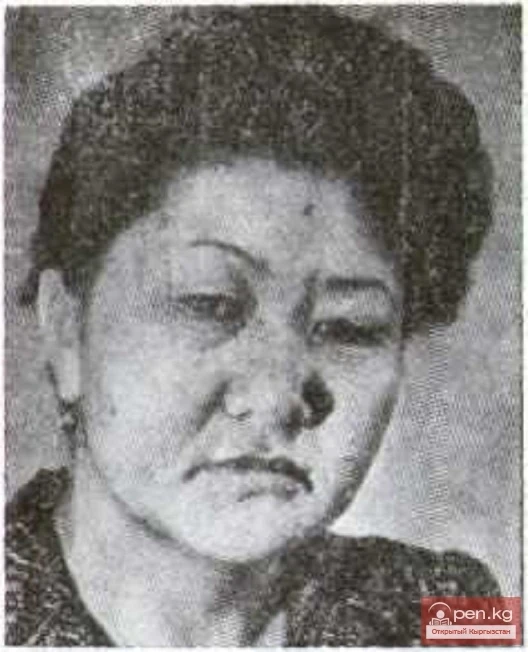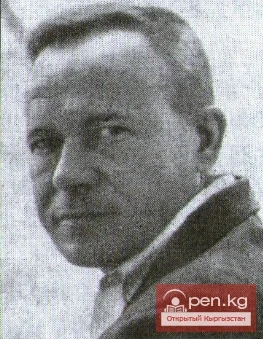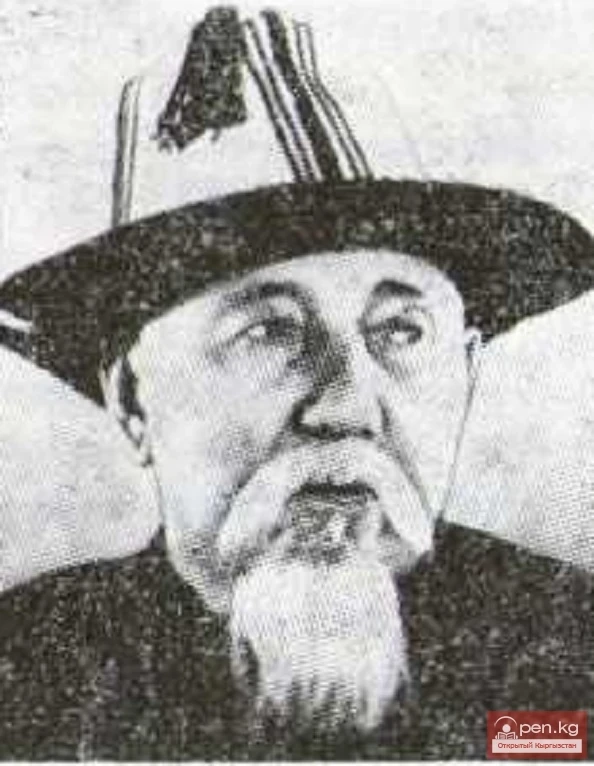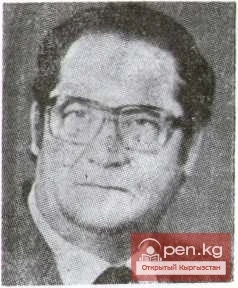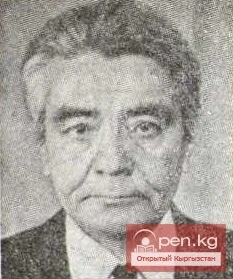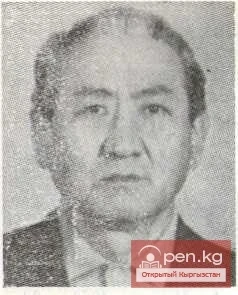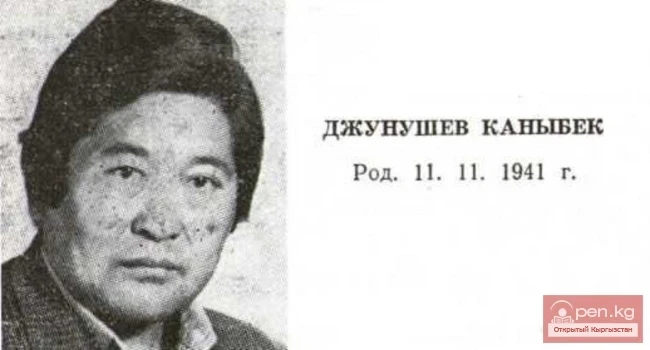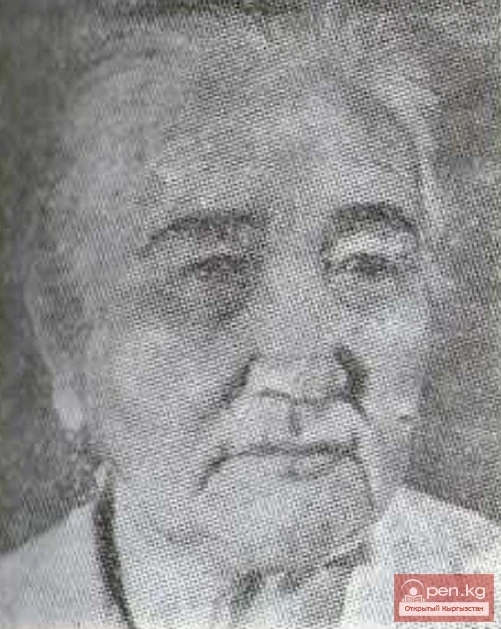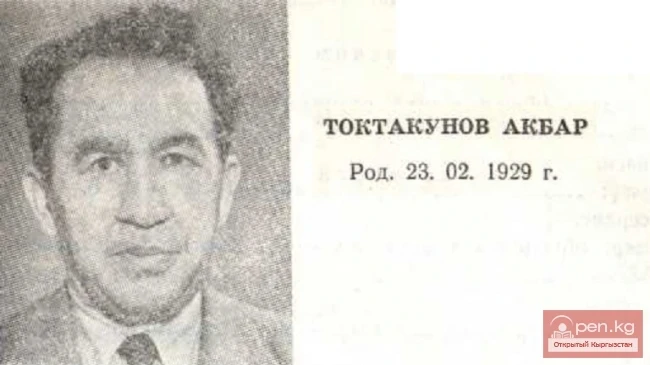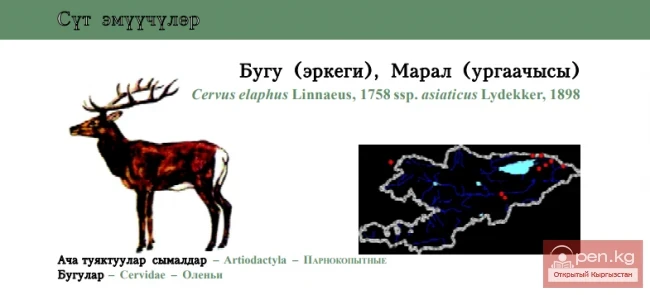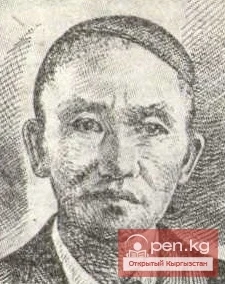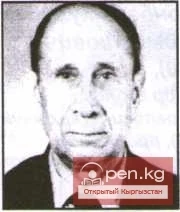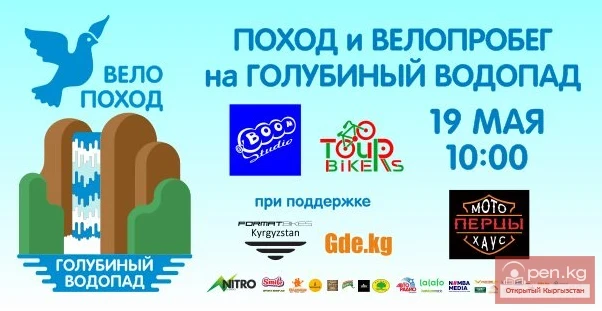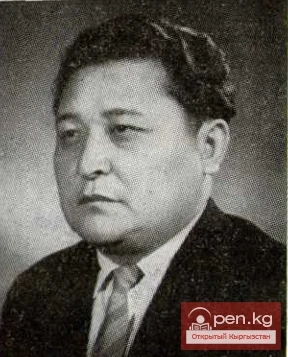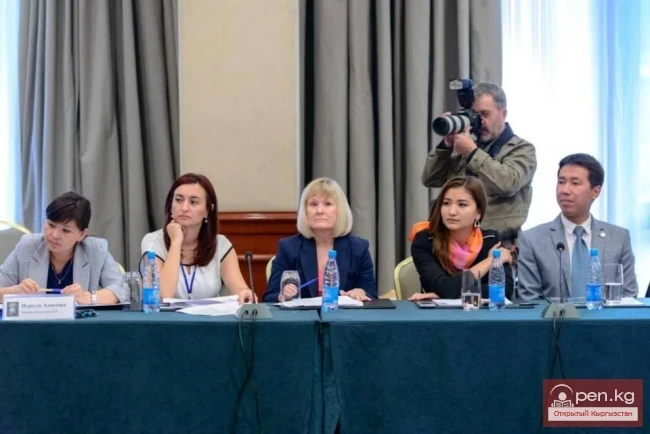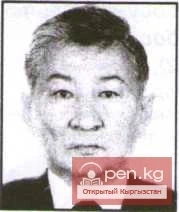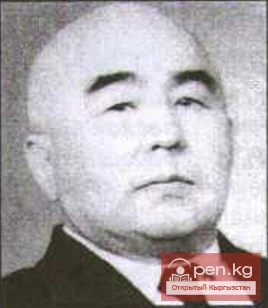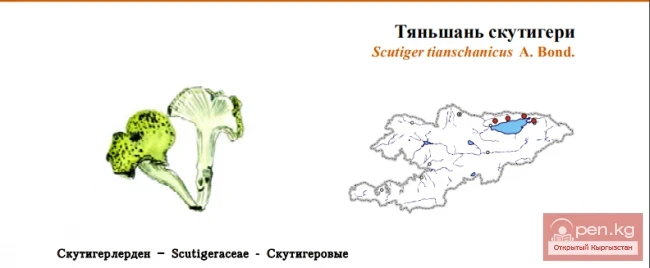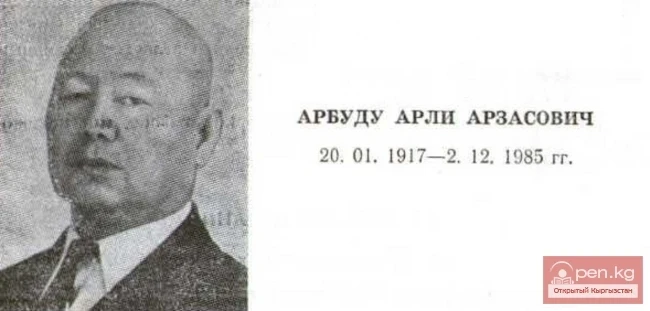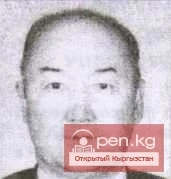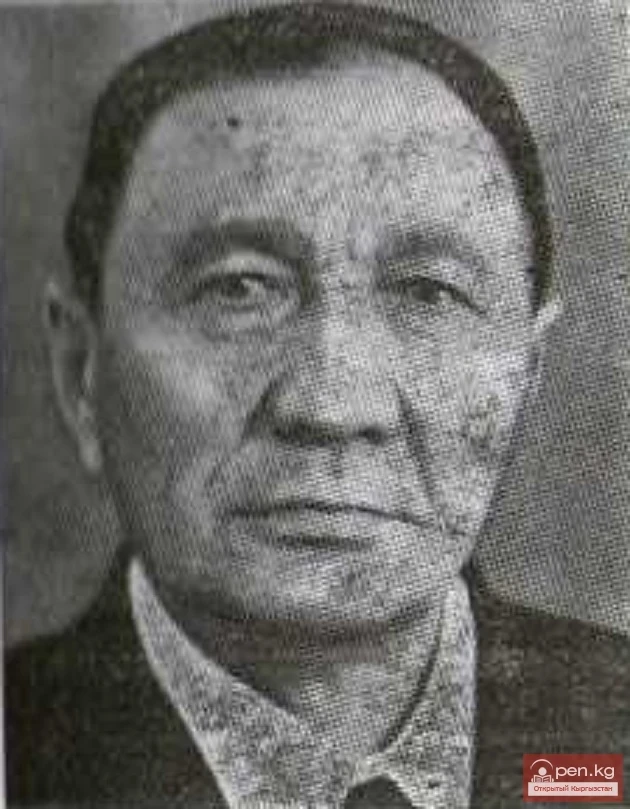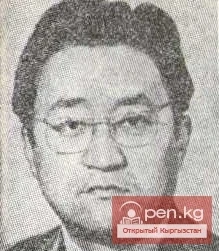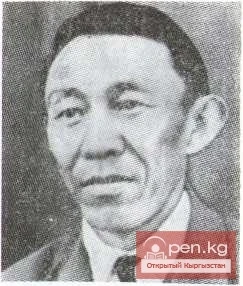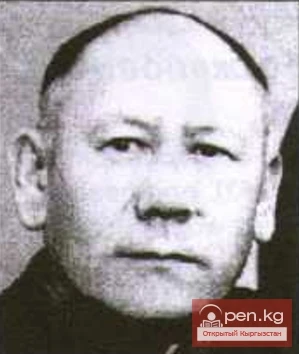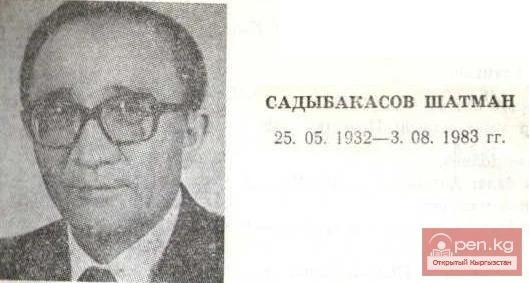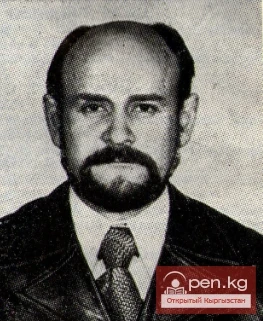
Vilenksy Valery Vladimirovich
Cinematographer. Born on January 24, 1941, in the village of Kalininskoye, Kalinin District, Kyrgyz SSR, in the family of a civil servant. After graduating from high school in 1958, he began his career at the Frunze Film Studio as an apprentice, then as an assistant cinematographer. For two years, he worked on the films "Toktogul" by V. Nemolyaev, "The Girl of Tien Shan" by A. Ochkina, and "The Pass" by A. Sakharov. In 1960, he entered VGIK (All-Russian State Institute of Cinematography) in the cinematography department (graduated in 1967). Since 1964, he has been working at the "Kyrgyzfilm" studio as a director of photography.
From the very beginning of his artistic career, V. Vilenksy paid equal attention to both feature and documentary films. He invested a lot of effort and energy as the second cinematographer in the films "White Mountains" ("Difficult Crossing," 1964) by M. Ubukeev, "The Most Obedient" (1965) by B. Abdildaev and L. Gurevich. In "The Hippocratic Oath" (1965), his merit lies in the accurately and subtly conveyed atmosphere of the intense struggle of surgeon doctors led by academician Isa Akhunbaev for the lives of children through cinematic means.
In his first directorial work—the feature film "Mother's Field" (1967)—Vilenksy's desire to express the meaning and idea of the film through a simple visual form became evident. In the cinematic portraits of the characters, especially Tolgonai, the young cinematographer demonstrated the ability to emphasize the distinctive features of a person's appearance, providing a figurative interpretation of people's actions. In another feature film, "Ambush" (1969), the cinematographic solution to the acting scenes is equally simple and concise. The camera is calm, not frantic, and does not force the impression. It is subordinated to the task of revealing the psychological content of most scenes and showcasing the actors' performances.
In the same manner of attentive, unhurried "examination" of the relationships between characters, expressed in facial expressions, gestures, and movements, V. Vilenksy remains true in "In the Eye of the Beholder" (1976) by G. Bazarov.
Even when faced with a genre full of theatrical conventions, such as the film-ballet, V. Vilenksy managed to shoot "Eastern Tale" (1972, "Tadqiqfilm") by L. Faiziev with restraint, focusing all attention on the connection between ballet compositions and the development of the plot, as well as the musical interpretation of the film.
Thoughtful observation of what is happening is characteristic of Vilenksy as a documentary filmmaker. The use of reportage shooting as the main means of achieving authenticity in the narrative about life phenomena and events, as well as the psychological depth of the characters, unites such films as "Morning of a Long Day" (1971) and "The Wind Orchestra Plays" (co-directed with Konstantin Orozaliev, 1977)—one of V. Vilenksy's best directorial achievements.
A special place in his work is occupied by documentary films about figures of Kyrgyz Soviet culture: "Scene" (1977), "Recognition" (1977), "Maestro" (1978), created in collaboration with K. Orozaliev. The seriousness of the concept, the diversity of cinematic imagery accompanying the lyrical-philosophical monologue of a great word artist elevated the feature film "Chinghiz Aitmatov" (1978, co-directed with K. Orozaliev) to the ranks of the best films about masters of Soviet multinational culture.
In the 1970s, documentary cinema truly captivated V. Vilenksy. He released films of various genres dedicated to different aspects of life in Kyrgyzstan. These include overview films capturing significant events—"Days of Latvian Culture" (1971), "Republic Jubilee" (1975), "Hello, Tajikistan" (1976), "Days of Kyrgyzstan at VDNH" (1977)—and popular science essays "Cinema Art of Kyrgyzstan" (1971), "Monuments of Ancient Creativity" (1972-1973), "Motifs of Our Ancestors" (1973). V. Vilenksy successfully performed as a cinematographer and director in television cinema: "Children of the Mountains" (1974), "Gift" (1974), "Laboratory" (1976).
Awards—Certificate of the Committee for Cinematography under the Council of Ministers of the Kyrgyz SSR (1966).
Member of the Union of Cinematographers of the USSR since 1968.
WORKS ON THE OPERATOR'S CREATIVITY
Artyukhov O. High Nearby.— "Komsomolets of Kyrgyzstan," 1965, March 7. Ashimov K. The Screen of Kyrgyzstan Tells. Moscow, Bureau of Propaganda of Soviet Cinematography, 1976, p. 48.
Korkin V. The Sounding Thought.— "Soviet Culture," 1979, June 26.
Belokon L. The Wind Orchestra Plays.— "Evening Frunze," 1977, August 27.
Beltov E. Ode to the Wind Orchestra.— "Soviet Screen," 1978, No. 7, p. 6.
Khelimskaya R. Children of the Mountains.— "Soviet Kyrgyzstan," 1974, August 28.
